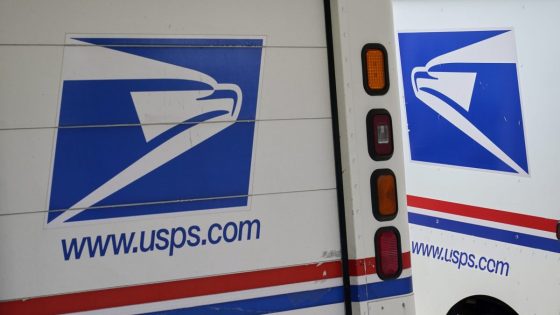Postal traffic into the U.S. dropped over 80% after the Trump administration ended the de minimis exemption, causing a near halt in international shipments, according to the UN postal agency. This change, effective August 29, 2025, shifted the burden of collecting duties onto carriers and customs, disrupting global postal services.
- U.S. postal traffic dropped over 80% post-policy.
- New measures require duty collection on low-value parcels.
- Many postal operators suspended U.S. services temporarily.
- Changes aim to close loopholes exploited by criminals.
- Implementation caused operational disruptions worldwide.
The Universal Postal Union reports that 88 postal operators suspended some or all services to the U.S. after the new rules took effect. These rules require parcels valued at $800 or less to be vetted and taxed, a process many carriers and foreign postal services could not implement quickly. As a result, global postal traffic to the U.S. plummeted 81% within a week. The disruption stems from airlines and carriers’ reluctance or inability to collect duties, compounded by a lack of links to qualified customs agents. The UPU highlighted concerns that the change, signed into law on July 30, leaves postal operators unprepared to comply, impacting nearly all member countries.
- 88 postal operators have suspended services to the U.S. until compliance issues are resolved.
- The new rules eliminate duty-free entry for parcels under $800, requiring customs clearance and tariffs from 10% to 50%.
- U.S. residents still avoid duties on gifts up to $100 and personal souvenirs up to $200.
- The change aims to close loopholes exploited by criminals and foreign businesses, but disrupts international mail flows.
Overall, the disruption underscores the challenges of implementing new customs procedures and the economic impact of ending the long-standing de minimis exemption. The postal network’s response may take time to stabilize, affecting global trade and personal shipments.
The situation highlights the need for better coordination between postal operators and customs authorities to restore normal service levels.













